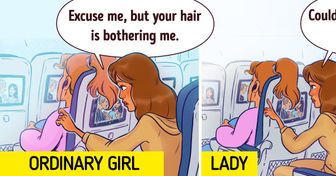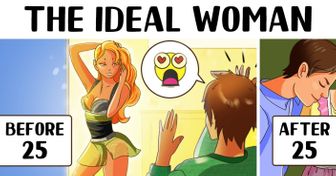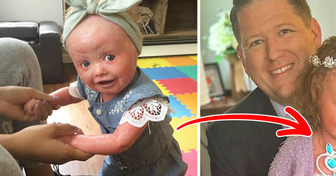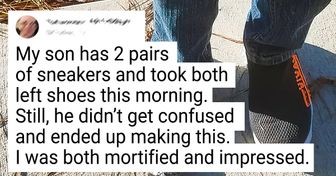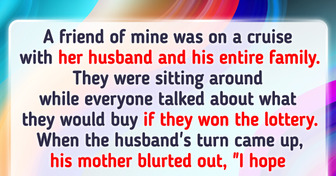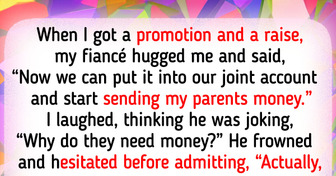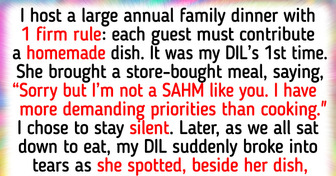15 Seemingly Harmless Phrases From Parents That Can Echo Into Their Kids’ Future
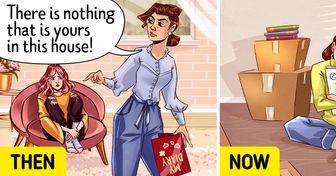
According to licensed marriage and family therapists, the way we grew up throughout childhood has a big effect on our romantic relationships today. If you have ever wondered why your bonds were unsuccessful, it doesn’t mean that it happened just because. Rather, the relationships we built with our parents have a major role in what we expect from our partners, how we receive and express love, and how we respond to others in stressful interactions.
We at Bright Side gathered 6 different types of love styles, and we hope to help you determine how you love and how you want to be loved based on a book written by experts.
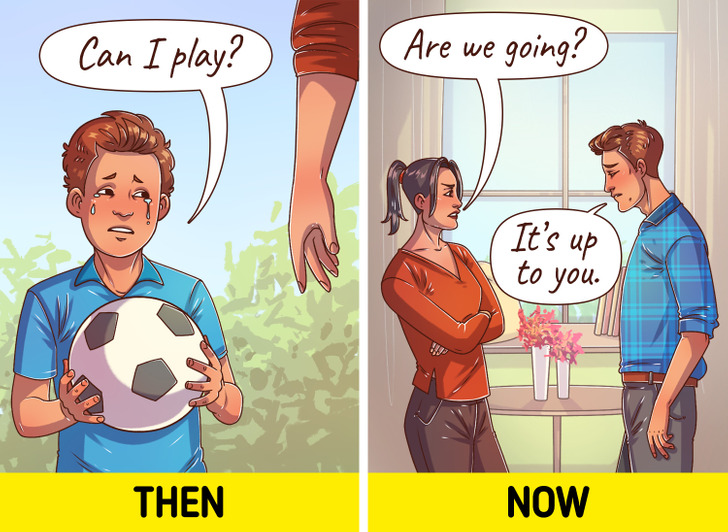
Pleasers are generally those who grew up with bad-tempered, controlling, and judgemental parents. If your parents would always find fault in something you did, or if you felt they only showed you love when you got a good grade in school, then you might just be a pleaser today.
Pleasers seek acceptance and validation, and they always make sure to put everyone else’s happiness before their own. If you are a pleaser, then you may lack initiative, be very indecisive, and be generally passive in your relationships.
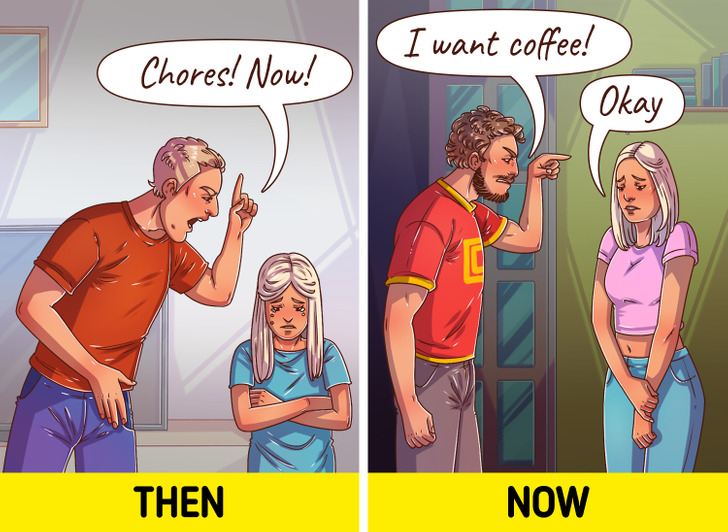
The victims have grown up in disorderly homes, and their parents were violent and rough. They didn’t like to be noticed or talked about — they were rather secretive and learned how to bear with the unbearable. From time to time, some of these kids would build an entire inner world to stay out of the realities of their abusive world.
As adults, they can have a difficult time finding their worth and may often feel uneasy, disinterested, and apathetic. They might even find themselves in a relationship with a controlling partner and abide by their partner’s needs as they did with their parents.
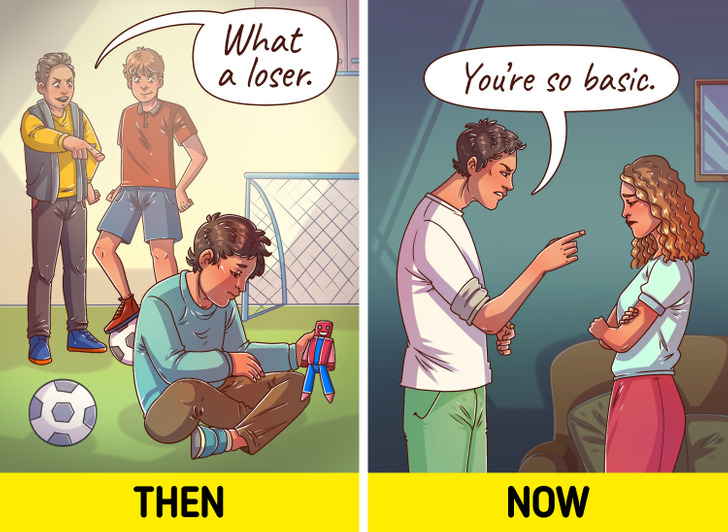
The controllers need their control over certain aspects of life because it allows them to discard the tender emotions they went through as kids. This control is actually their guard from negative emotions such as fear, embarrassment, and powerlessness. Since anger is one of the “safe” feelings, they usually stick to this emotion to direct them.
As they grow into adults and find a partner, they become bold, strong-willed, and stiff. They tend to rely mostly on themselves instead of their partner and are less likely to ask for a helping hand.
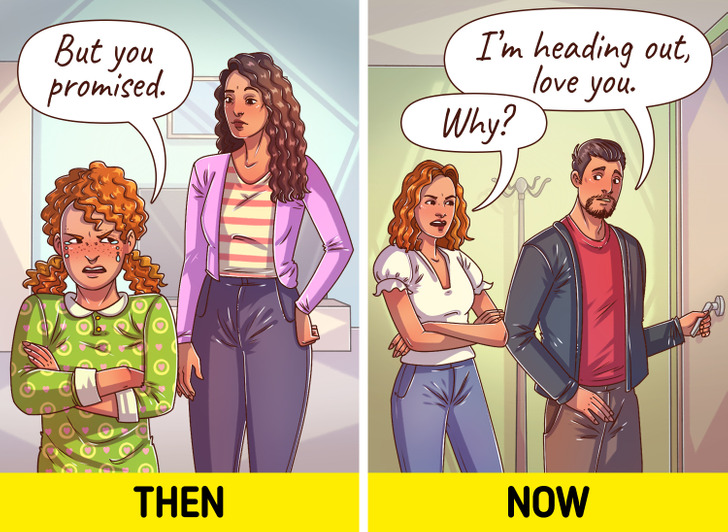
The vacillator grew up with very unpredictable parents who were undependable, unsteady, and irregular when expressing their love and warmth to their kids. If your parents made a promise to you as a kid and ended up not fulfilling this promise, you probably had a hard time relying on them again, which may have led you to feel neglected.
As a grown-up, you are in a pursuit to find a dependable and steady relationship, something you might have never had as a child. Vacillators search for the perfect love and don’t like feeling forsaken. Since love can never be perfect, they can end up feeling let down and bitter.
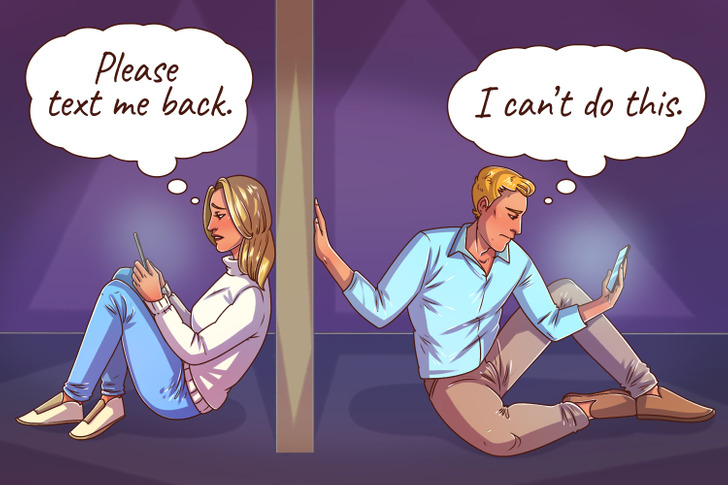
The avoiders grew up relying on themselves and learned how to become independent — this is because they were used to their parents not giving them much fondness as children. Their parents taught them that being emotional was the same as being weak and that it’s best to rely on themselves.
Because of this, as adults, they tend to hide their emotions and rarely ever ask for help or tell anyone what they want/need. In relationships, they may be scared to show closeness and intimacy toward their partner and can seem very isolated, unattached, and uncommitted.
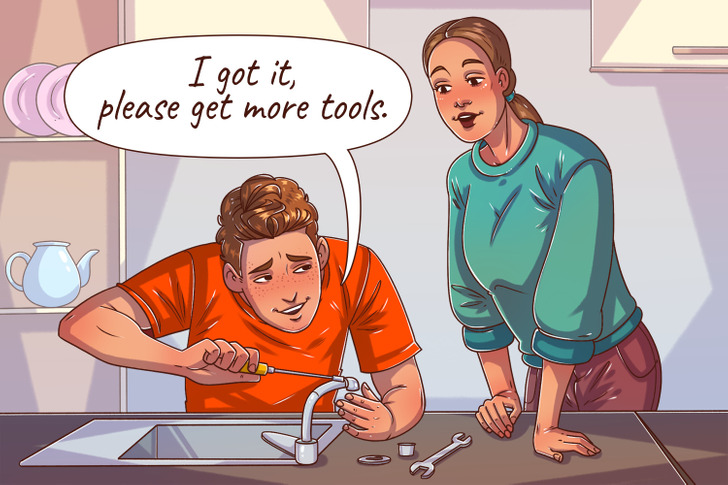
In relationships, the secure connectors are considered to be at ease with giving and taking — they have a healthy, stabilized way of expressing both their own faults and strengths as well as their partner’s, without belittling anyone.
They have no trouble communicating their emotions with their partner. This is because, throughout their childhood, they were taught to settle disputes and accept when they were in the wrong. The secure connectors also don’t have a problem with disagreeing or establishing boundaries, and they like to experience new things. If you are with a secure connector, they will likely ask for a helping hand and support from you.
Which love style do you see yourself as? Let us know in the comments!

